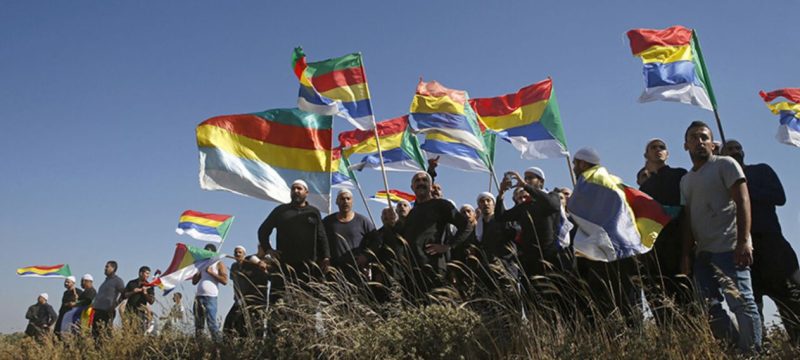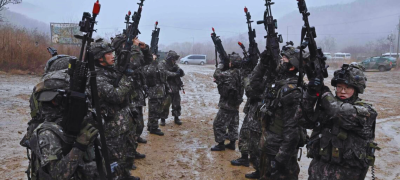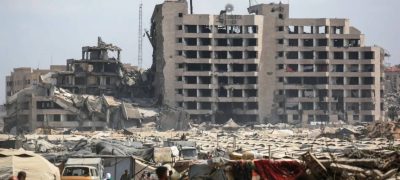A fresh wave of deadly sectarian violence has hit Syria, highlighting the country’s fragile security situation as the new government struggles to assert control over a fragmented nation. The violence began on July 13 after the reported abduction of a Druze merchant, which sparked fierce clashes between Druze militias and Sunni Bedouin fighters in southern Syria. These clashes have continued for days, leaving hundreds dead.
By July 15, Israel intervened militarily, claiming its forces were protecting the Druze community and targeting pro-government forces accused of attacking Druze people in Suweida. The Syrian Observatory for Human Rights reports that at least 350 people have been killed in the region since Sunday. This outbreak of violence is the worst in Suweida since similar clashes in April and May, which had already claimed dozens of lives. Prior to this, clashes in Syria’s coastal provinces in March led to the deaths of hundreds of Alawite community members, a group to which former President Bashar al-Assad belonged.
This escalation has reignited fears of further instability in Syria, which has been grappling with the aftermath of over a decade of civil war. The recent Islamist-led rebel takeover of Damascus in December 2024 further complicates the country’s already volatile political landscape. Despite condemning the attacks on the Druze, Syria’s government, led by interim President Ahmed al-Sharaa, has been accused of attacking its own minority groups, fueling distrust among communities like the Druze.
The Druze are an Arabic-speaking ethno-religious minority that occupies a precarious position in Syria’s political order. Historically, the Druze have relied on their own militias, especially during Syria’s prolonged civil war. With the Assad regime’s fall in December, many Druze groups in the south have resisted integration into the Syrian army, rejecting the authority of the new government.
In the aftermath of the violence, Israel has taken an increasingly active role in the region, positioning itself as a protector of Syria’s minorities. Israel’s recent military strikes have targeted Syrian military assets and vehicles in Suweida, including strikes on the Ministry of Defense and the Syrian army headquarters in Damascus. Israel’s government has justified the attacks as part of a broader strategy to prevent military buildup near the Israeli-occupied Golan Heights, viewing the presence of Islamist fighters as a direct threat to its security.
The international community has reacted strongly to the violence. U.S. Secretary of State Marco Rubio expressed deep concern, while several Arab states, including Saudi Arabia, Iraq, and Lebanon, condemned Israel’s actions. UN Secretary-General Antonio Guterres also denounced Israel’s strikes, warning of further escalation.
Looking ahead, Syria’s fragile political and security situation remains at risk of further sectarian violence. With the Syrian government struggling to unite the nation and address the deep-rooted divisions exacerbated by years of civil war, the path to stability appears uncertain. The ongoing violence, coupled with Israeli interventions, threatens to derail efforts for peace and recovery in Syria.
The situation in Syria remains fluid, with escalating sectarian violence and foreign interventions raising serious concerns about the country’s future.
In related regional developments, Iran has issued a strong warning against future attacks — Read more: Iran Ready to Respond to Any New Attack, Says Supreme Leader





